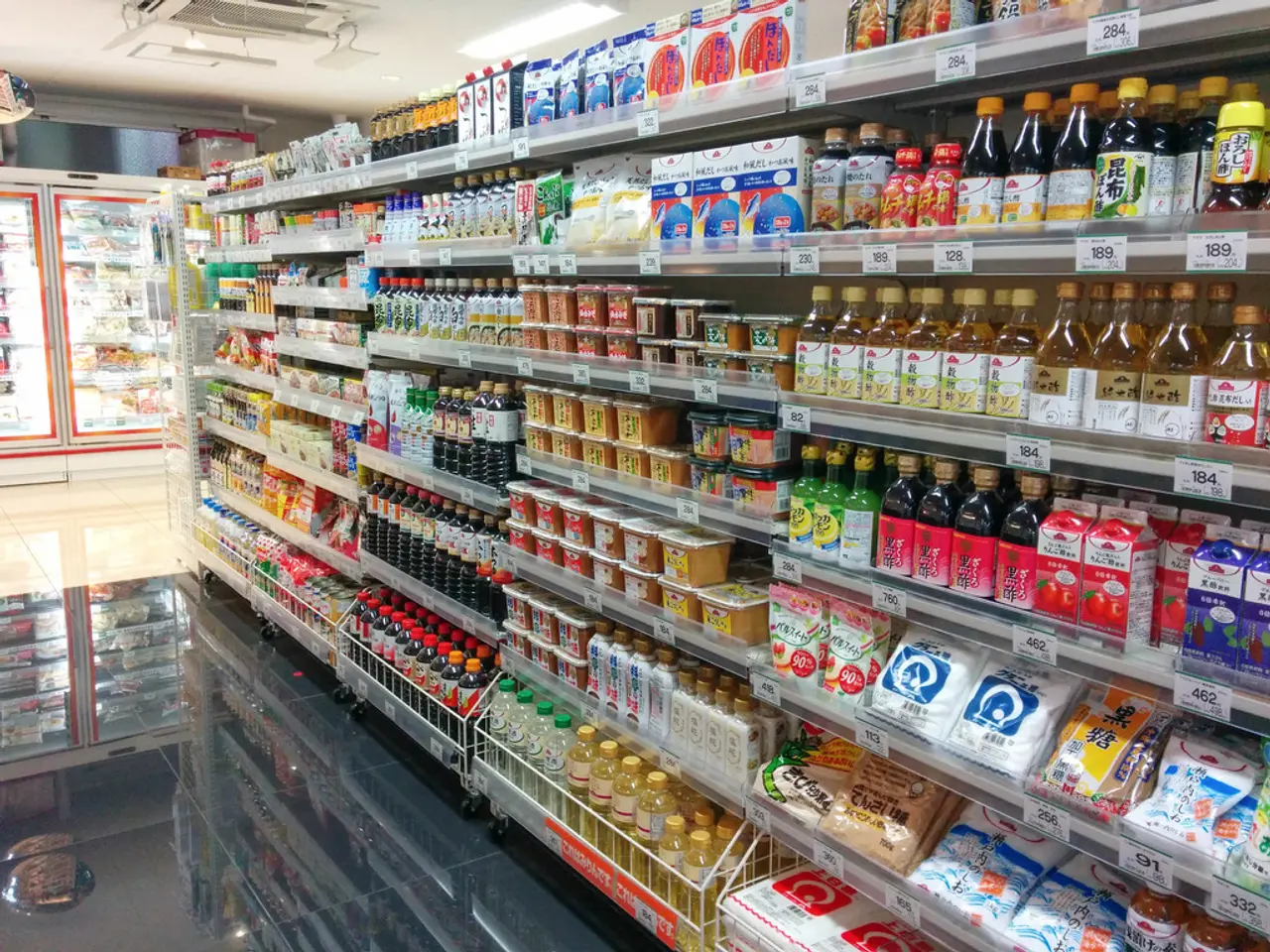U.S. President Trump Imposes New Tariffs on Russian Oil Purchasers, Potentially Triggering a Rise in Global Petroleum Prices
In a move aimed at pressuring Russia to end its war in Ukraine, U.S. President Donald Trump has imposed a 25% tariff on Indian goods due to New Delhi's purchases of Russian crude. This tariff is part of Trump's strategy to target Russia's oil buyers, with China, Russia's largest oil customer, potentially facing similar measures later this week.
The potential risks and implications of these tariffs are far-reaching, affecting both U.S. domestic politics and global trade negotiations.
For U.S. Midterm Elections:
Heightened tariffs might energize or polarize voter bases, particularly among constituencies sensitive to trade and foreign policy outcomes. Economic consequences from tariffs could affect sectors dependent on trade with India and China, potentially influencing voter sentiment against or for the incumbent party. Politically, such aggressive tariff policies could be framed as strong leadership or punitive overreach, affecting media narratives and campaign messaging.
For Global Trade Negotiations:
Tariffs targeting key emerging economies like India and China could escalate trade tensions, complicating ongoing or future negotiations. India is showing resistance to U.S. pressure on Russian oil imports and has instead moved closer to China and Russia, undermining U.S. leverage and potentially fueling a shift towards Eurasian partnerships. Such punitive tariffs may reduce cooperation in multilateral trade forums and complicate agendas on global energy and economic security.
In a specific situation reported in 2025, Trump has already imposed a 50% tariff on India (a combination of 25% base plus 25% penalty tariff) for importing Russian oil, accusing India of fueling the Russian war effort. Despite these tariffs, India’s imports of Russian oil have remained substantial (35%), and India has reaffirmed its national interest, indicating strong resistance to U.S. demands.
While the U.S. accuses India of running a "profiteering scheme" with Russian oil, India cites Washington’s requests to stabilize global energy markets as justification for continuing imports. The tariffs have pushed India closer to China and Russia, signaling geopolitical realignment that could weaken U.S. influence.
It's important to note that U.S. imports from Russia have actually increased since Trump’s administration began in 2025, complicating the narrative of these sanctions and tariffs. Russia could retaliate by shutting pipelines critical to global supply, and cutting oil flows from India and China could spike global oil prices.
Russia has already adapted to previous Western sanctions, rerouting crude to Asian buyers at discounted rates. India and China both have strategic leverage over the U.S., including pharmaceuticals and rare minerals. Trump has previously used tariff threats to advance non-trade goals, but analysts doubt that new tariffs will push President Vladimir Putin to make peace.
In conclusion, imposing higher tariffs on China and India over Russian oil purchases could provoke economic and diplomatic backlash that hurts U.S. strategic interests, undermines alliances, and inflames trade tensions at a sensitive time for domestic politics and global trade negotiations. It risks pushing key partners toward rivals and complicates efforts to maintain a united front on Russia and energy security. This dynamic will likely play a significant role in shaping public opinion and foreign policy debates ahead of the U.S. midterms.
- The ongoing increase in tariffs and trade tensions, as seen with the United States' actions against India and China for their respective purchases of Russian oil, has become a significant topic in global policy-and-legislation discussions, potentially influencing political agendas and general-news coverage.
- The escalating war-and-conflicts in Ukraine and the subsequent global trade repercussions, such as the tariffs imposed by the U.S. on India and China, are significantly impacting international trade and politics, with potential implications for upcoming global trade negotiations and domestic politics.





